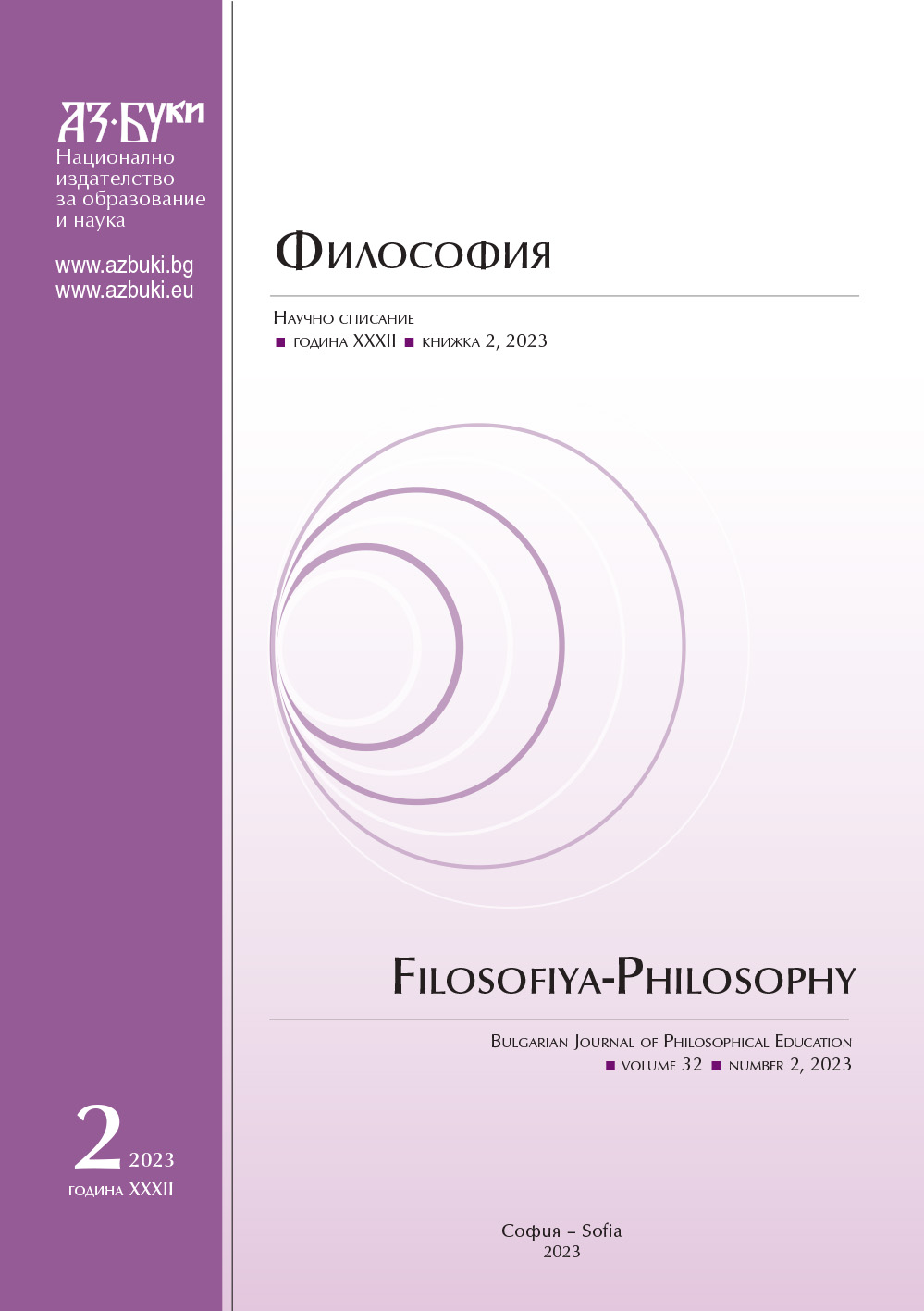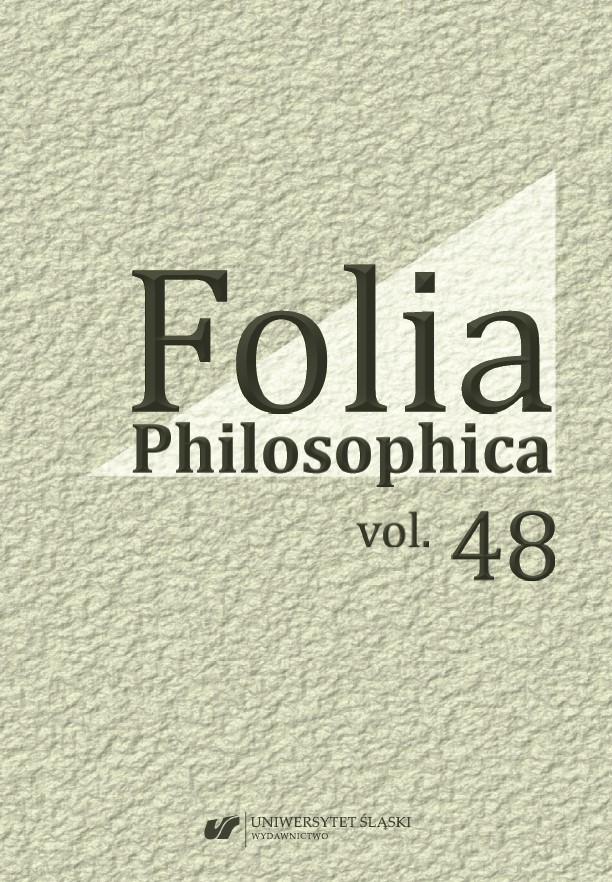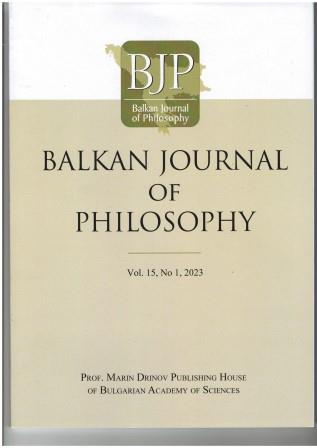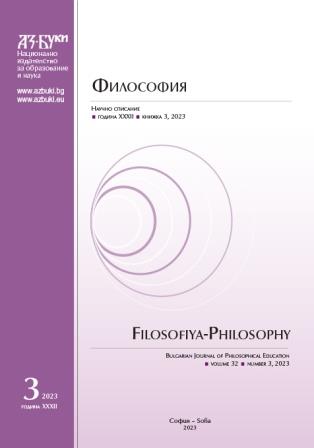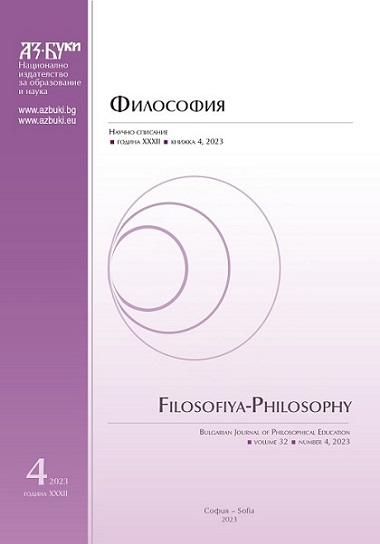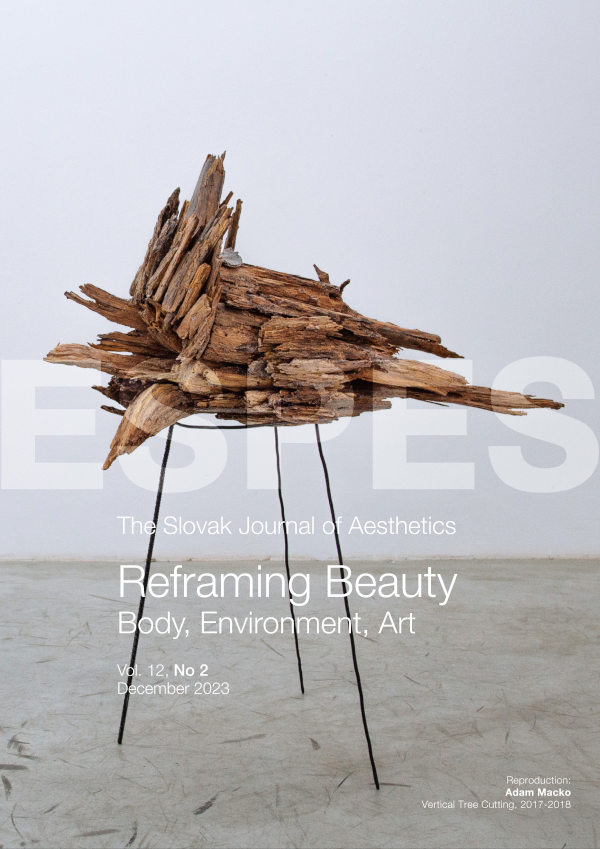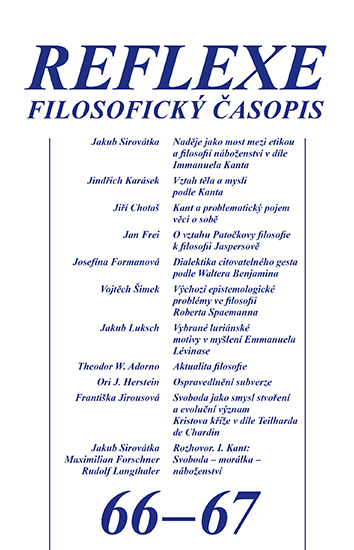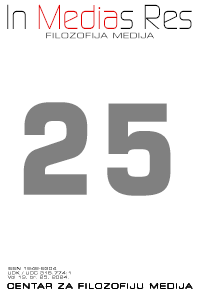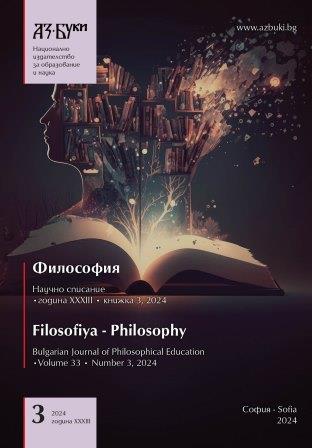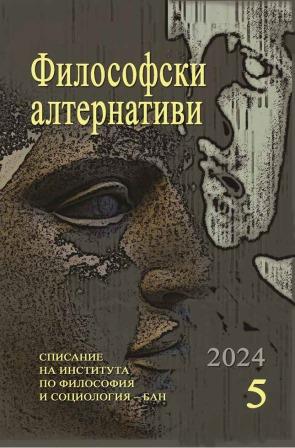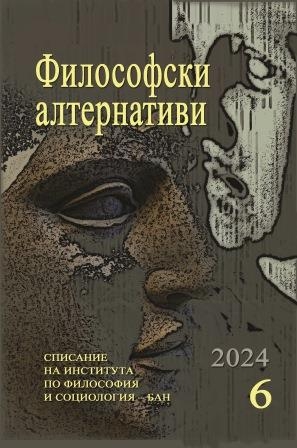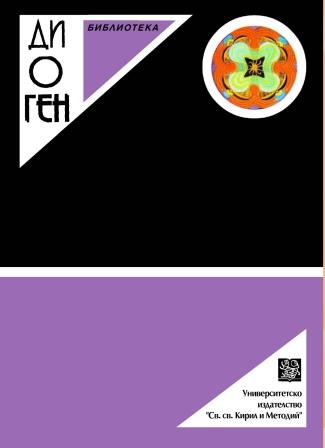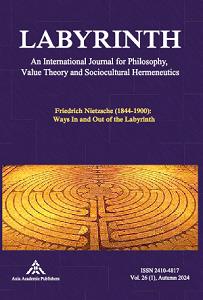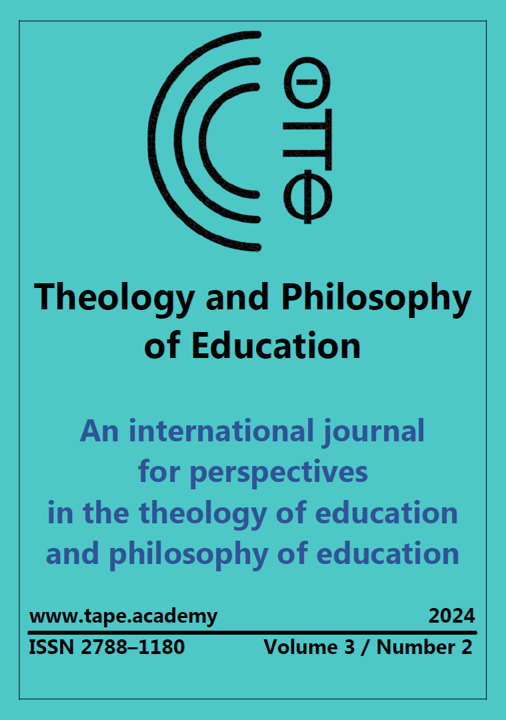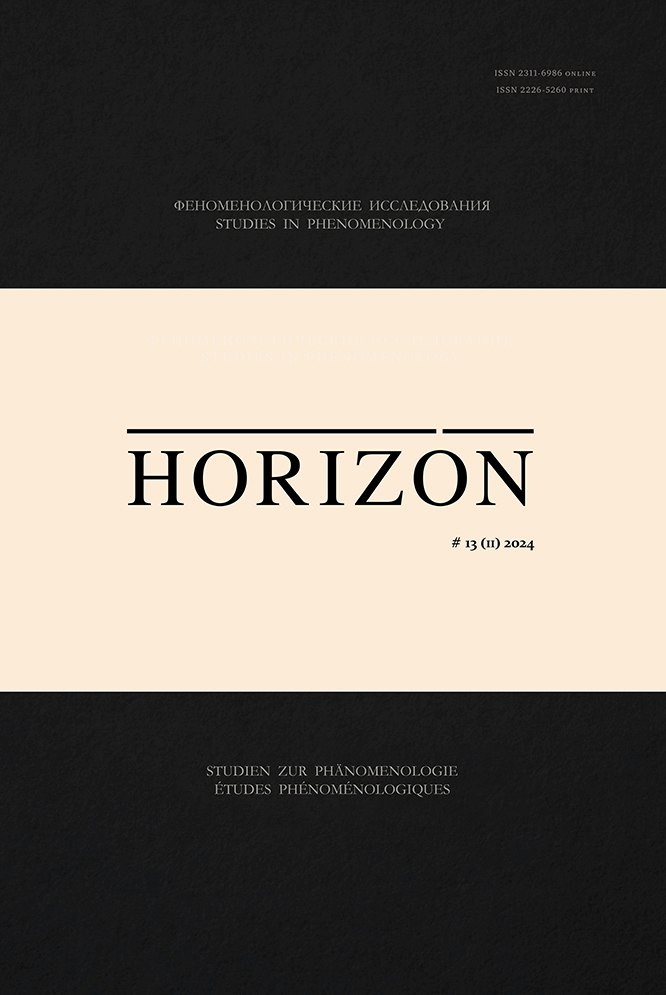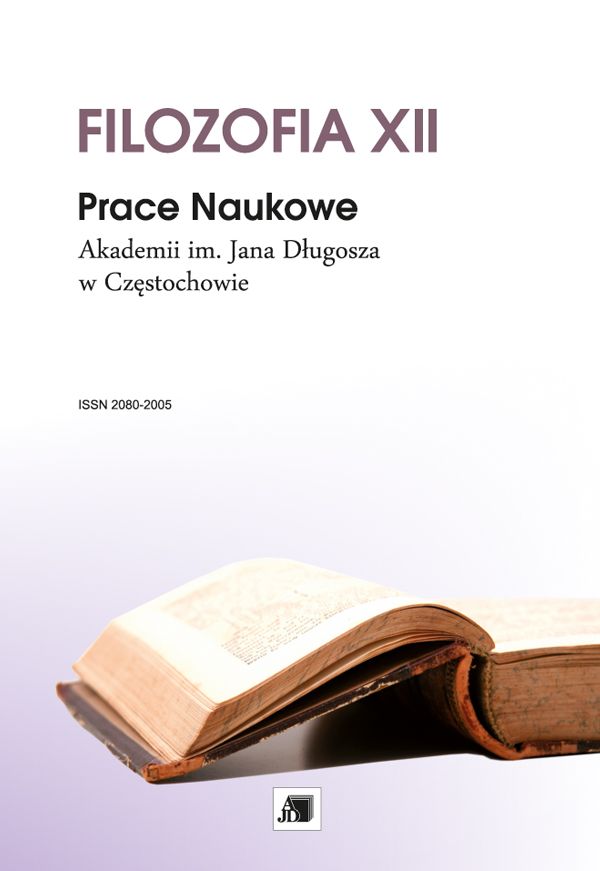
Państwo Boże w relacji do Kościoła i świata w De civitate Dei św. Augustyna (księgi 11–22). Teologiczno-filozoficzne refleksje na gruncie chrześcijańskiej historiozofii
The problem of philosophy of the history of mankind is in no way a clear and obvious perspective of reality interpretation, but rather an approach based on a certain definite ontology. One of the main categories of Christian ontology is the history of salvation, which constitutes strong foundation for the existence of the world and man as beings created through historical dialogue with the Creator. One of the first who made an attempt to express the Christian version of historic philosophy was St Augustine, according to whom the fundamental point of tension in the sense of history is the relation between the world and Church with respect to God State; it could be even more clearly seen in the eschatic reference of God State to the world and Church in their mutual perichoretic antinomy.
More...
